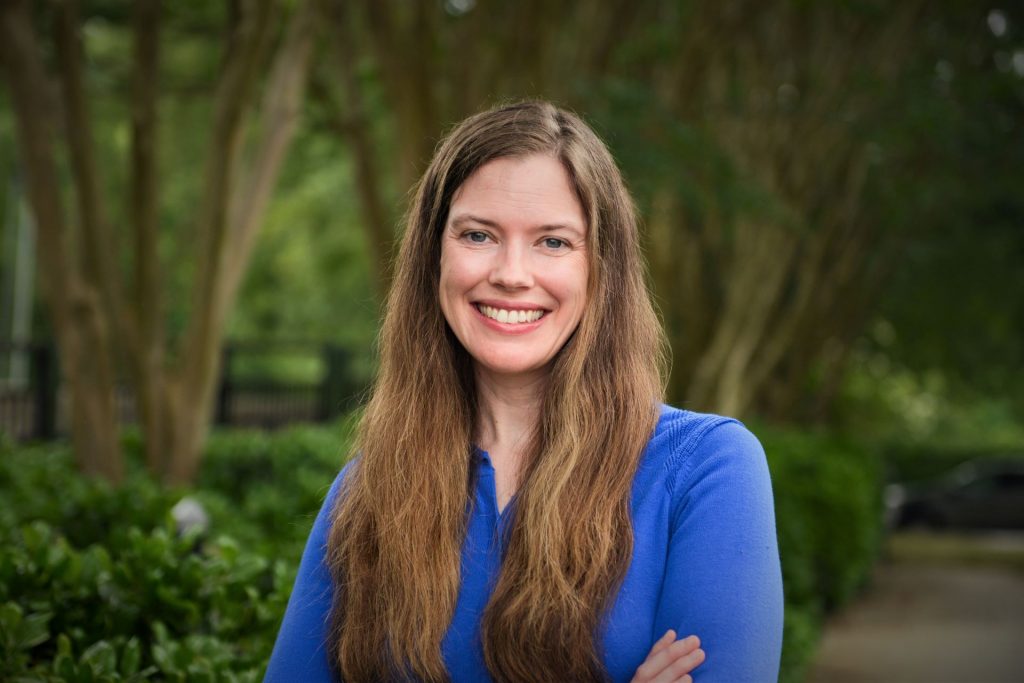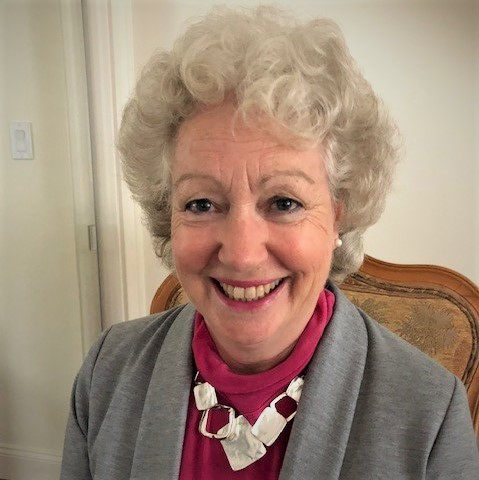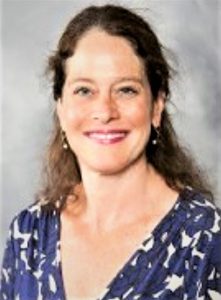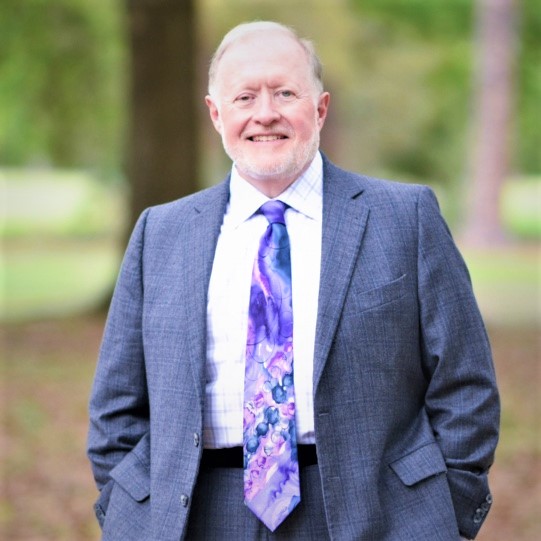
ED: How did you begin your career in early childhood?
During my undergraduate work, I completed an internship at the University of North Carolina’s TEACCH Autism Program. From this experience, I knew I wanted to work with individuals with autism. I began my career as an inclusive preschool and kindergarten public school teacher. As a teacher, I was unaware of many specific interventions or resources used to support the social, language, and behavioral skills of students with autism. Fueled by my desire to support students with autism in classrooms, as well as the teachers serving those students, I began my doctoral program in 2008 at the University of North Carolina, Chapel Hill. I was fortunate to be funded through an Office of Special Education Program leadership grant: Interdisciplinary Preparation in Teaching, Research, and Service focused on Young Children with Autism and Their Families. When I graduated, I accepted a postdoctoral research position at 3C Institute, a small business that focuses on research and development. After completing my postdoctoral work, I returned to the University of North Carolina as a Research Scientist at Frank Porter Graham (FPG) Child Development Institute. At FPG, my work focuses on supporting the use of evidence-based practices for children with autism using a variety of professional development approaches including coaching and interactive, online modules.
Read More











